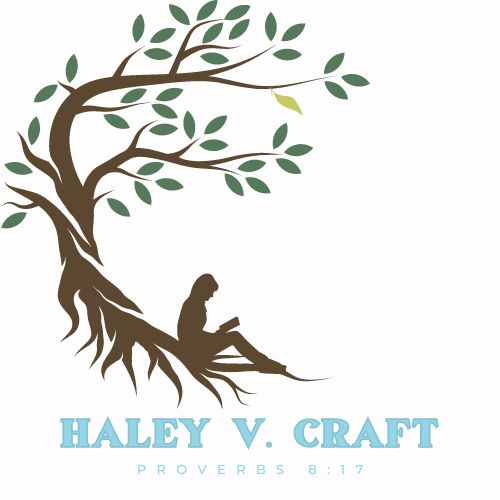Search me, O God, and know my heart;
Try me and know my anxious thoughts;
And see if there be any hurtful way in me,
And lead me in the everlasting way.
Psalm 139:23-24
Blind spots can be dangerous. I got a very painful reminder of the fact this weekend when I accidentally found a pile of cinder block bricks with my foot on the way to catch my tent from flying away. Spoiler alert: I did not catch the tent, but I did catch a quick visit from a couple of EMTs who cleaned my foot up.
The idea of controlling our thoughts is found throughout Scripture. I think this is because what we focus on spiritually is just as important, if not more so, as what we focus on physically. Not paying attention to our blind spots physically could cause painful accidents; not paying attention to our blind spots spiritually can destroy us and our most treasured relationships.
So what are our blind spots? There are any number of blind spots we could have spiritually. Theological blind spots. Spiritual discipline blind spots. Blind spots in the way we live out our relationship with Jesus. But the blind spots that have the greatest potential to cause pain and destruction are when we have a blind spot around our sin.
One of Jesus’s most famous teachings, the Sermon on the Mount, is aimed at pointing out the blind spots where our sin hides. Think about the part of the sermon where Jesus tells the crowd the parable about someone with a plank in his eye trying to help someone else get a speck out of theirs. The language describes the plank as a giant rafter beam sticking out of the man’s eye, but somehow he can’t see it.
Jesus also spends a large part of chapter five pointing out blind spots in what I call, the “You’ve heard it said” section of the Sermon on the Mount. Over and over Jesus says, “You have heard it said that…” and then points their spiritual eyes to the blind spot.
For example, verses 21-22 say this: “You have heard that the ancients were told, ‘You shall not commit murder’ and ‘Whoever commits murder shall be liable to the court.’ But I say to you that everyone who is angry with his brother shall be guilty before the court; and whoever says to his brother, ‘You good-for-nothing,’ shall be guilty before the supreme court; and whoever says, ‘You fool,’ shall be guilty enough to go into the fiery hell.”
Until this moment, all of humanity had considered harboring hate for someone to be an acceptable way to live as long as they didn’t act on it. Same with lust. It was fine as long as they didn’t act on it, and the list keeps going. For all of these things, there were places—blind spots—where people were allowing sin to go unchallenged in their lives.
Knowing this and reflecting on patterns we see with God’s people, I find it a lot less surprising that the Israelites walked away from God so often because we can only hold sin in so long before it works its way out through our actions. And just like the Israelites, we still have blind spots where our sin likes to hide.
The culture helps with this quite a bit. It paints sin in bright colors and points with anger and hatred at any wisdom that might kill the fun. Even so, there is danger in accepting the blind spots the culture wants to give us.
But what can we do about those blind spots? How can we find them and root them out? By taking a cue from David.
David had a blind spot of his own, and it took a prophet tricking him into condemning himself for him to face it. As awful as his sin was, though, there is a prayer he wrote that is particularly useful for helping us face our blind spots.
The end of Psalm 139 is a prayer asking God to find those blind spots and point them out.
There’s one phrase I think is particularly interesting—hurtful way. Hurtful has one of the simplest definitions I’ve ever seen in the lexicon I use—pain. Way refers to a road or journey, so when David asks God to “see if there be any hurtful way in [him],” he is literally asking God to make sure he’s not on a journey of pain, going in a direction that will hurt him or the ones he cares for. And when the examination is done, he asks that God lead him in the right way. It’s not a harsh leading, but one tinted with kindness in the original language, meaning either to show someone the direction to go… or to show them where to look.
There has never been a moment when we have not been completely seen and known by God. He sees every part of us, good and bad. He sees our willful ignorance in some places and our unintentional ignorance in others. Even so, He’s our good Father who wants nothing more than to free us from our gremlin sins hiding in the dark, and if we ask it of Him like David did, He will be faithful to guide us to those blind spots with love and kindness.






0 Comments